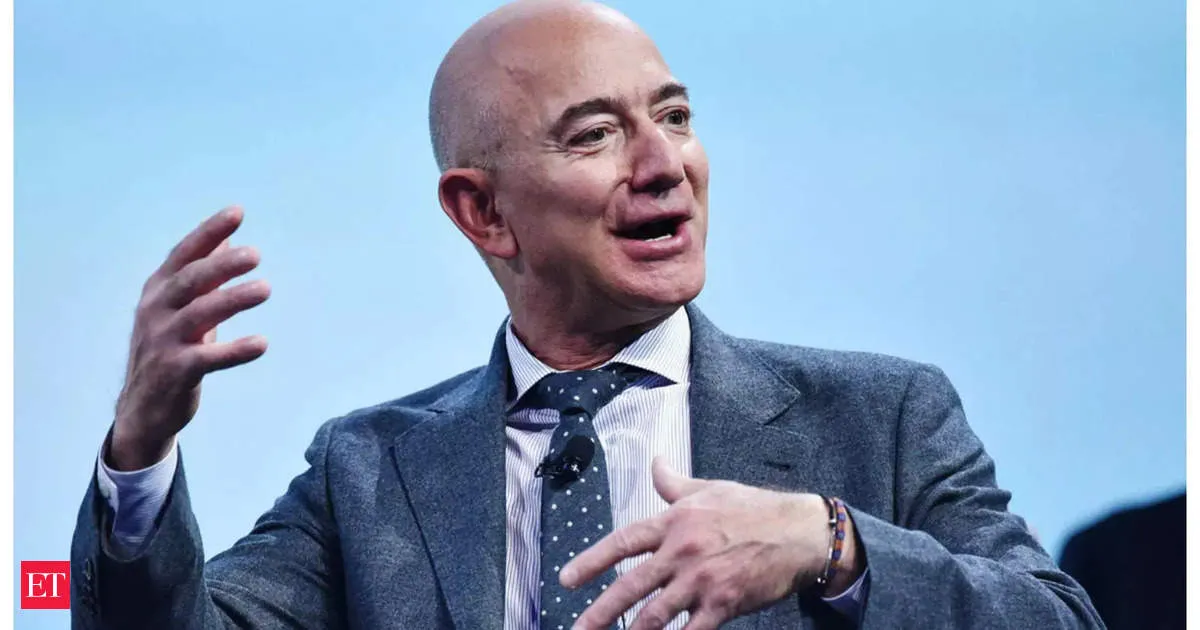Satellite Internet Innovation: How Jeff Bezos' Project Kuiper Competes with Elon Musk's Starlink

Satellite Internet Competition Heats Up
The world of satellite internet is witnessing a fierce competition as Jeff Bezos sets his sights on the successful satellite internet provider, Elon Musk's Starlink. With over 6,000 satellites already launched into orbit, Starlink has made significant strides in providing internet connectivity to diverse regions, even assisting in crisis communications during the conflict in Ukraine.
Project Kuiper: Bezos' Bold Initiative
Project Kuiper, Amazon's ambitious venture, plans to compete aggressively in the satellite internet sector by launching more than 3,000 satellites into Low Earth Orbit (LEO). Despite initial delays and regulatory challenges, Bezos is determined to establish a formidable presence in this frontier.
- Regulatory Approvals: Amazon has received the green light from the US Federal Communications Commission (FCC) for its satellite launches, and UK telecom regulator Ofcom is also considering its application.
- Planning for Competition: As Starlink introduces new services like free emergency calls, Project Kuiper aims to provide comparable offerings.
Challenges on the Horizon
As both projects advance, the race for satellite internet supremacy will not be without its hurdles. Concerns regarding the environmental and astronomical impacts of increased satellite numbers continue to emerge from the scientific community, potentially affecting future regulatory outcomes.
This article was prepared using information from open sources in accordance with the principles of Ethical Policy. The editorial team is not responsible for absolute accuracy, as it relies on data from the sources referenced.